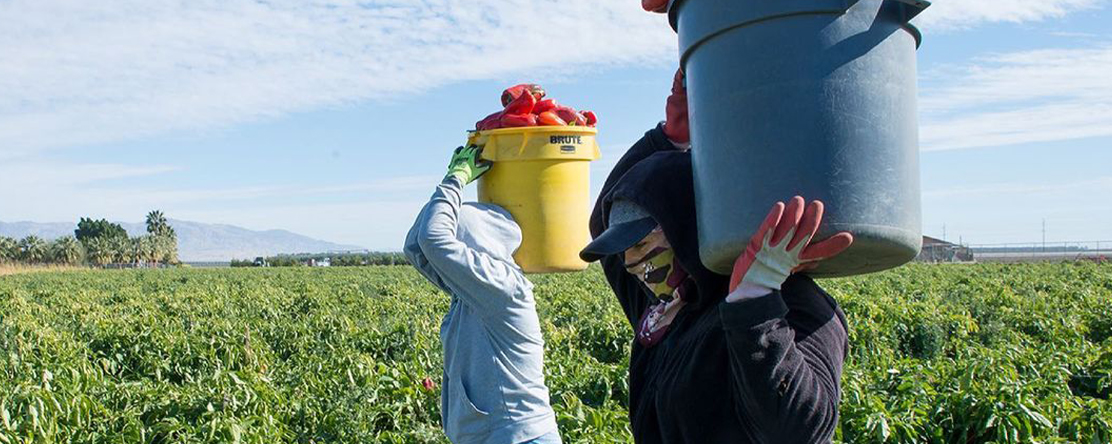
COVID-19 Contact Networks in Hispanic and Latino Communities: Analysis of Contact Tracing Data from a Large California Healthcare Provider Network
-
Focus Areas
Communicable Disease Prevention, Data, Technology & Innovation, Health Care & Population Health -
Issues
Population Health -
Expertise
Research – Quantitative, Research – Surveillance -
Programs
Population Health Innovation Lab (PHIL), Tracing Health -
Strategic Initiatives
COVID-19, Vaccine Access & Equity

Across the United States, COVID-19 is disproportionately affecting Hispanic and Latino communities. In California, Latino people have higher risk of exposure to and transmission of COVID-19, stemming from numerous inequities in social determinants of health that also impact COVID-19 outcomes. Previous data show that close to half (48.5%) of the COVID-19 related deaths in California were among Latinos.
Findings
In this October 2021 study, PHI’s Tracing Health and Population Health Innovation Lab programs looked at nearly 9,000 members of a large California healthcare network who tested positive for COVID-19 and more than 5,200 of their reported contacts. The findings show:
- On average, Latino people live in larger households than people who do not identify as Latino, and thus they are more likely to have challenges with social distancing and increased exposure to COVID-19.
- Latino people are proportionally more likely to work in essential jobs, and are less likely to have the option of working from home, than those who do not identify as Latino, and thus are more likely to come into contact with more people at work, which leads to more contacts on average and increased COVID-19 exposure.
- Contact and transmission networks are larger for Latino people than for people who do not identify as Latino, thus they encounter more people which can lead to increased COVID-19 exposure.
Recommendations for action
The paper calls for developing culturally-appropriate COVID-19 testing, vaccination, and advocacy programs, and implementing sector specific outreach strategies, since the data shows that people doing essential work in certain sectors have more contacts on average than essential workers in other sectors.

Tracing Health: Seeding Tomorrow’s Public Health Workforce
Since the start of the pandemic, PHI's Tracing Health contact tracing program has hired over 600 new team members, seeding the beginning of tomorrow’s public health workforce. The program focuses on recruiting people who come from the communities they serve and have been traditionally overlooked in public health—providing them with the training, mentoring, support and other wrap-around services they need to pursue professional health careers.
Work With Us
You change the world. We do the rest. Explore fiscal sponsorship at PHI.
Support Us
Together, we can accelerate our response to public health’s most critical issues.
Find Employment
Begin your career at the Public Health Institute.


